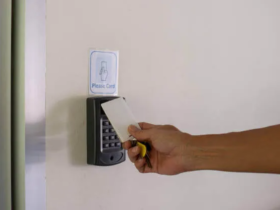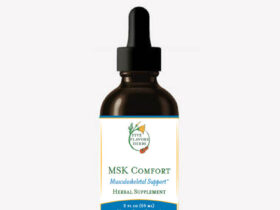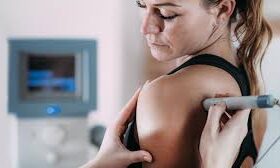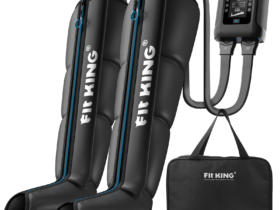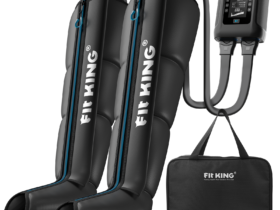COVID-19 is still with us, and testing is one of the most discussed topics. As more people are tested for the virus, there is a greater need to understand the various types of tests available, since not everybody receives the same type of test.
Understanding the various types of tests of COVIDtesing methods is essential for comprehending your results.
COVIDTesting: Types of Diagnostic Tests
Diagnostic tests are classified into two types: molecular tests and antigen tests.
They have the following in common:
- Both are collected through the throat, nose swabs, and, sometimes, saliva or drool.
- Both provide either a positive or a negative result.
- Although these tests reveal if the virus is present, they cannot tell how “serious” an illness you may have.
- Both tests have rapid point-of-care alternatives that do not need specialized lab work or qualified staff.
The third COVIDtesting approach looks for antibodies that have been developed to mitigate the virus. While these tests are sometimes used, they can only determine if you have had the virus in the past.
Molecular/PCR tests
Molecular tests identify coronavirus genetic material and are sensitive enough as to require only a trace amount of it. However, not every molecular test uses polymerase chain reaction (PCR), but PCR is the major part of COVIDtesting.
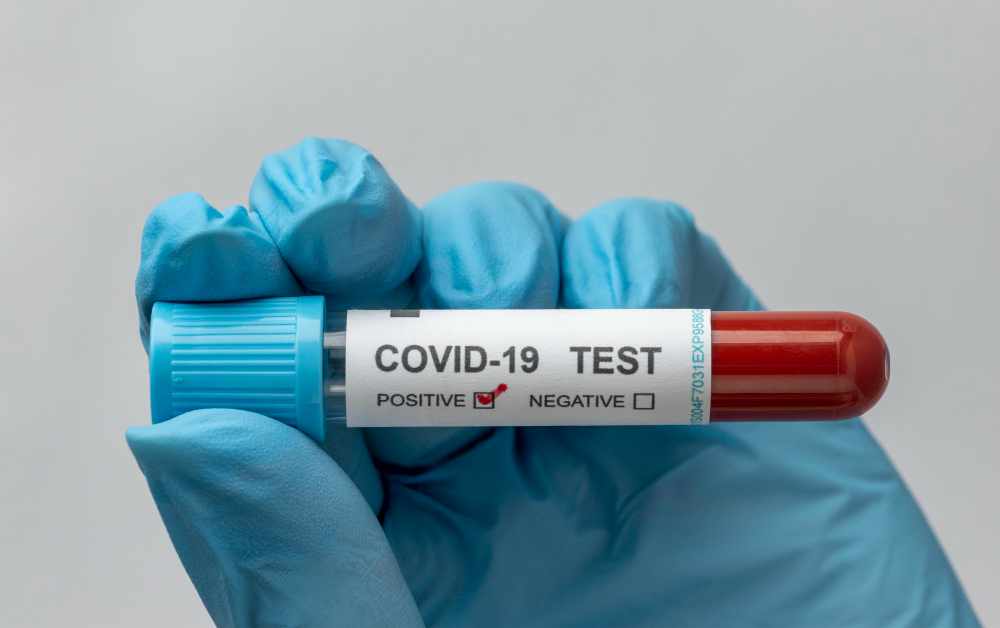
The turnaround time varies according to the type of test. Most testing facilities use PCR tests, which are highly accurate but must be performed in large, certified labs by skilled lab workers. In these tests, it may take several days for the results to be returned. On the other hand, rapid point-of-care tests can give results in 13 to 120 minutes and are incredibly simple to perform. These tests may also be employed outside of conventional health care settings.
Molecular tests are highly accurate and rarely produce false negatives.
Antigen tests
These quick tests are inexpensive, effective, and quick ways to find specific proteins in viruses or on their surfaces. The FDA has approved the use of a variety of these tests in emergency situations, including some that can be performed at home. They can be used in the first five days following the onset of symptoms to make a diagnosis in symptomatic patients. They are not, however, currently advised for the screening of asymptomatic populations.
The turnaround time is between 10 and 30 minutes.
When used properly, false positive results are relatively uncommon with these tests. However, if you experience symptoms but have negative antigen test results, you might still have COVID-19 and require a molecular test to confirm this. This test is less accurate in asymptomatic individuals.
Which COVIDtesting Method is More Accurate?
Compared to the antigen test, the molecular COVIDtesting method is more accurate. The trade-off, however, is that while the majority of molecular tests return results in a timely manner—generally within 24 hours—some may take much longer depending on whether they were sent to a third-party laboratory and how busy that lab was at the time.
The benefit of antigen tests is that they can provide results within as little as 15 minutes without the need to send the sample to a lab. Additionally, they are able to identify the virus in individuals who are still very contagious, which is useful for isolation and quarantine procedures.
A patient is highly likely to get falsely negative results from antigen tests because they are less sensitive than molecular tests, which is a problem.
So far, the COVID-19 tests’ gold standard still stands for the PCR tests.
If you need think that you may have contracted the coronavirus and in need of COVID testing services Burke area in VA, you shouldn’t worry. AFC Urgent Care is the best place to get these services.




